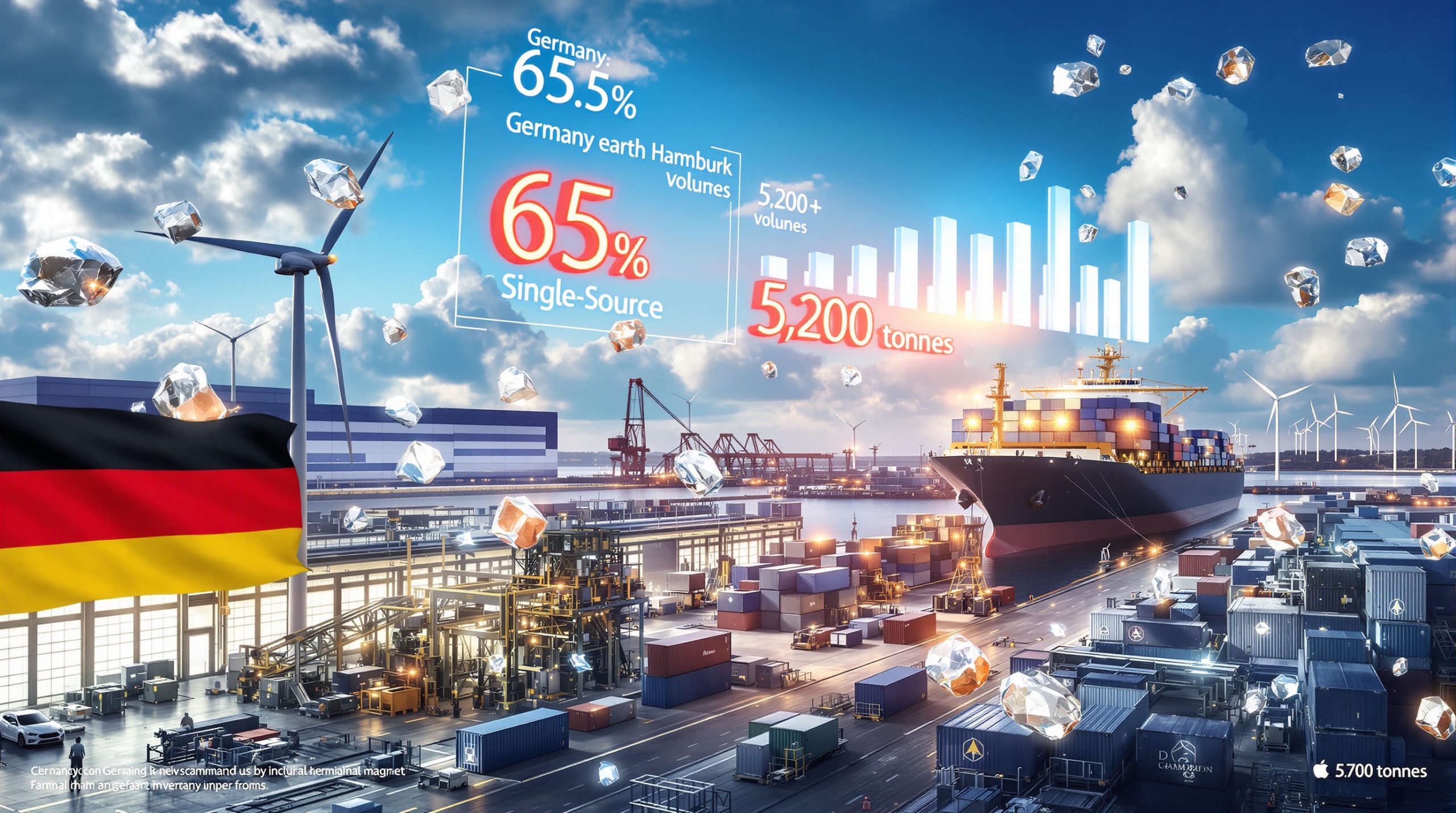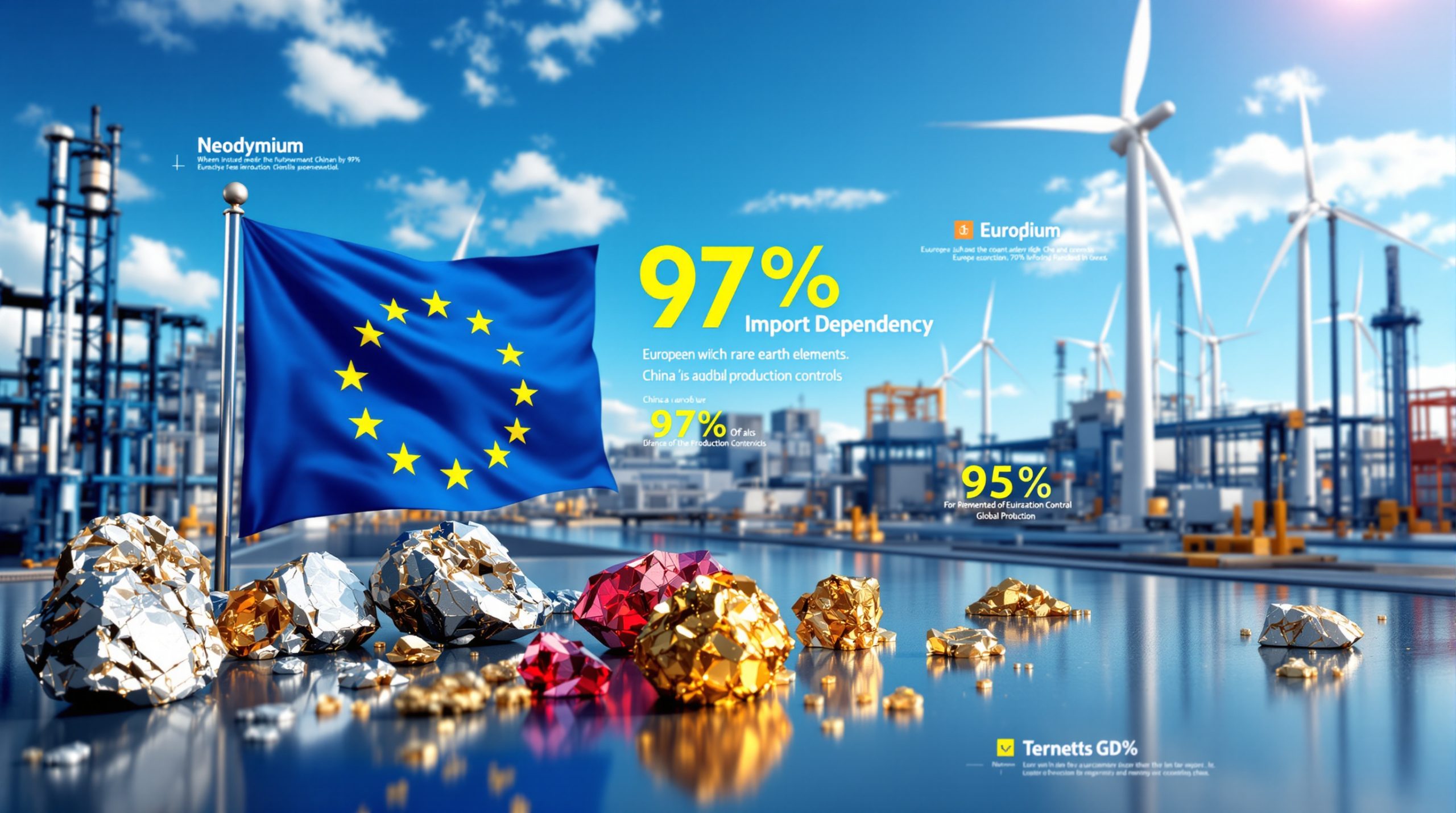Understanding the TotalEnergies Mozambique LNG Project Cost Increase
The energy sector has witnessed another significant budget escalation as TotalEnergies' ambitious Mozambique LNG development faces unprecedented financial challenges. The project's costs have surged by $4.5 billion above the original $20 billion estimate, creating one of Africa's most expensive energy ventures at approximately $24.5 billion total investment.
This massive cost increase reflects the complex realities of developing major energy infrastructure in politically unstable regions, where security concerns and operational delays can dramatically impact project economics. The TotalEnergies Mozambique LNG project cost increase has become a defining case study for international energy companies operating in emerging markets, particularly as US natural gas forecasts suggest continued volatility in global energy markets.
Primary Drivers Behind the $4.5 Billion Cost Escalation
Security Infrastructure Investment Requirements
The largest component of the TotalEnergies Mozambique LNG project cost increase stems from comprehensive security measures implemented following insurgent activities in Mozambique's Cabo Delgado province. These security investments encompass multiple layers of protection:
Physical Infrastructure Enhancements:
• Advanced perimeter defense systems with integrated monitoring capabilities
• Reinforced facility structures designed to withstand potential attacks
• Emergency evacuation systems and secure transportation networks
• Enhanced communication systems for crisis management
The security requirements alone account for an estimated $1.8 to $2.2 billion of the total cost increase, representing nearly half of the budget escalation.
Extended Development Timeline Impact
The project suspension from April 2021 created cascading financial consequences across multiple operational areas. Furthermore, TotalEnergies was forced to maintain expensive infrastructure and personnel commitments while generating zero revenue from LNG production.
Timeline Impact Analysis:
| Original Milestone | Target Date | Revised Timeline | Delay Period |
|---|---|---|---|
| First LNG Cargo | July 2024 | H1 2029 | 4.5 years |
| Second Train Startup | Q4 2024 | Q4 2029 | 5 years |
| Peak Production | 2025 | 2030+ | 5+ years |
Global Supply Chain Disruptions
International commodity price volatility and supply chain constraints have compounded the financial burden. Critical materials experienced significant price increases:
• Steel prices: Increased 45-60% during project suspension period
• Specialised LNG equipment: Extended delivery times and premium pricing
• Transportation costs: Maritime and land-based logistics expenses doubled
• Construction materials: Regional sourcing challenges increased procurement costs
Comparative Analysis with Global LNG Projects
Industry-Wide Cost Escalation Patterns
The TotalEnergies Mozambique LNG project cost increase follows established patterns within the global LNG sector, where projects routinely exceed original budgets. However, tariff market impact considerations also influence project economics in the current geopolitical climate.
Major LNG Project Cost Overruns:
| Project | Original Budget | Final Cost | Overrun Percentage |
|---|---|---|---|
| Gorgon (Australia) | $37 billion | $54+ billion | 46% increase |
| Ichthys (Australia) | $34 billion | $45+ billion | 32% increase |
| Mozambique LNG | $20 billion | $24.5 billion | 23% increase |
The Mozambique project's 23% cost increase, while substantial, remains below the industry average for similar developments in challenging environments.
Regional Context in African Energy Development
Within the East African energy landscape, this project represents unprecedented scale and complexity:
• Investment Scale: 65% of total regional LNG investment capital
• Economic Impact: Largest foreign direct investment in Mozambican history
• Strategic Importance: Gateway for regional energy infrastructure development
• Employment Generation: Projected 25,000+ direct and indirect jobs at full operation
Production Capacity and Timeline Revisions
Maintained Production Targets Despite Delays
Despite the significant timeline extensions, TotalEnergies has preserved the project's ambitious production objectives. Additionally, this development occurs alongside broader energy market shifts, as analysed in recent OPEC production impact assessments.
Technical Specifications:
• Annual LNG Production: 12.8 million tonnes capacity
• Natural Gas Reserves: 65 trillion cubic feet proven reserves
• Project Operational Life: 25+ years of sustained production
• Export Capacity: Supplies for 15-20 major Asian markets simultaneously
Revised Delivery Schedule Impact
The extended timeline affects global LNG supply chains and market dynamics. Asian importers, particularly Japan, South Korea, and China, have adjusted their energy security strategies to account for the delayed Mozambican supply.
"The project's delay has created opportunities for competing LNG suppliers in Qatar, Australia, and the United States to expand their market share in Asian markets originally targeted by Mozambican exports."
Government Approval Requirements and Regulatory Framework
Contract Modification Requests
TotalEnergies has submitted comprehensive requests to President Daniel Chapo's administration for several critical contractual amendments:
Development Period Extension:
• Current Agreement: 25-year development and production period
• Requested Extension: Additional 10-year development window
• Total Proposed Timeline: 35-year comprehensive development cycle
Cost Recovery Mechanism Adjustments
The company seeks fundamental changes to how Empresa Nacional de Hidrocarbonetos (ENH), Mozambique's state oil company, manages development cost reimbursements:
Proposed Financial Structure Changes:
• Modified cost recovery percentages favouring TotalEnergies
• Extended payback periods reducing annual government revenue
• Revised profit-sharing arrangements affecting national income
• Updated tax calculation methodologies impacting fiscal contributions
Political and Economic Considerations
President Chapo's government faces complex decision-making balancing multiple stakeholder interests:
Government Evaluation Criteria:
| Factor | Consideration | Impact Level |
|---|---|---|
| Economic Benefits | Job creation and export revenue | High |
| Fiscal Revenue | Government income sharing | High |
| Social Development | Community benefit programmes | Medium |
| Environmental Impact | Updated compliance requirements | Medium |
Economic Development Implications for Mozambique
National Economic Transformation Potential
The enhanced investment, despite cost increases, positions Mozambique for unprecedented economic development. Moreover, the US economic outlook suggests that global energy demand will remain strong, supporting project viability.
Projected Economic Impact:
• GDP Growth: Potential 15-20% increase in national GDP at full production
• Export Revenue: $2.5-3.2 billion annually in LNG exports
• Government Revenue: $400-600 million yearly in taxes and royalties
• Infrastructure Development: $1.2 billion in port, road, and utility improvements
Regional Energy Security Enhancement
Successful project completion establishes Mozambique as a pivotal player in regional and global energy markets:
• Regional Hub Status: Central supplier for southern and eastern African energy needs
• Asian Market Integration: Direct supply relationships with major Asian economies
• Strategic Partnership: Enhanced diplomatic relationships through energy cooperation
• Technology Transfer: Advanced LNG technology adoption throughout the region
Investment Risk Assessment and Mitigation Strategies
Security Risk Management
Ongoing insurgent activities in Cabo Delgado province represent the primary operational risk:
Current Security Challenges:
• Insurgent Presence: Islamic State-linked groups maintaining regional influence
• Community Relations: Complex local stakeholder dynamics requiring ongoing engagement
• Infrastructure Vulnerability: Critical facilities requiring continuous protection
• Personnel Safety: Evacuation protocols and emergency response capabilities
Market Risk Factors and Financial Hedging
External market conditions create additional uncertainty for project returns. For instance, oil price movements demonstrate the volatility inherent in energy commodity markets.
Risk Mitigation Framework:
| Risk Category | Impact Probability | Mitigation Strategy |
|---|---|---|
| LNG Price Volatility | High | 15-year supply contracts |
| Currency Fluctuation | Medium | Multi-currency hedging |
| Regulatory Changes | Medium | Government partnership agreements |
| Environmental Compliance | Low-Medium | Comprehensive monitoring systems |
Global LNG Market Implications
Supply Chain Rebalancing Effects
The TotalEnergies Mozambique LNG project cost increase and timeline delays have created ripple effects throughout global energy markets:
Market Rebalancing Consequences:
• Asian Import Strategy: Major importers diversifying supply sources
• Pricing Dynamics: Sustained LNG price support through 2029
• Competitor Advantage: Qatar and Australia expanding market share
• Strategic Reserve Planning: Increased emphasis on supply security
Long-term Competitive Positioning
Once operational, the project will significantly influence global LNG trade patterns:
• Market Share: 8-10% of projected global LNG trade growth
• Geographic Advantage: Strategic location for Asian and European markets
• Cost Competitiveness: Despite cost increases, maintains favourable production economics
• Energy Transition Role: Natural gas as transitional fuel supporting renewable energy adoption
Technical Innovation and Operational Excellence
Advanced LNG Production Technology
The project incorporates cutting-edge technology despite budget constraints:
Technical Specifications:
• Liquefaction Capacity: Two-train system with 6.4 million tonnes per train
• Processing Efficiency: 96% natural gas recovery rate
• Environmental Controls: Advanced emission reduction systems
• Automation Systems: Remote monitoring and control capabilities
Operational Safety Standards
Enhanced safety protocols reflect lessons learned from global LNG operations. According to recent reports on the project's cost escalation, safety and environmental compliance represent significant components of the increased budget.
• Process Safety: Integrated safety management systems
• Environmental Protection: Marine and terrestrial ecosystem preservation
• Community Safety: Emergency response coordination with local authorities
• Cybersecurity: Advanced digital security protecting operational technology
Future Outlook and Strategic Considerations
Project Success Factors
The TotalEnergies Mozambique LNG project cost increase highlights critical success factors for major energy developments:
Essential Success Elements:
• Government Partnership: Sustained political support and regulatory stability
• Security Assurance: Effective regional security coordination
• Community Engagement: Local stakeholder support and benefit-sharing
• Market Access: Reliable transportation and export infrastructure
Investment Community Perspective
Despite cost escalations, international investors maintain confidence in the project's long-term viability. However, the financial implications extend beyond the immediate project scope:
"Financial analysts emphasise that the project's strategic location, substantial reserves, and growing Asian demand justify the increased investment, positioning it as a cornerstone of Africa's energy development."
The coming months will prove crucial as stakeholders navigate regulatory approvals, finalise security arrangements, and implement revised development strategies. Success will transform Mozambique into a major energy exporter while contributing significantly to regional economic development and global energy security.
Consequently, the TotalEnergies Mozambique LNG project cost increase, while substantial, represents an investment in long-term energy infrastructure that extends far beyond immediate financial considerations. The project's ultimate impact will be measured not only in LNG production volumes but in its contribution to Mozambique's economic transformation and regional energy stability.
Ready to Navigate the Next Major Energy Discovery?
Discovery Alert's proprietary Discovery IQ model delivers real-time alerts on significant ASX mineral discoveries, instantly empowering subscribers to identify actionable opportunities ahead of the broader market. Understand why major mineral discoveries can lead to significant market returns by exploring Discovery Alert's dedicated discoveries page, and begin your 30-day free trial today to position yourself ahead of the market.




